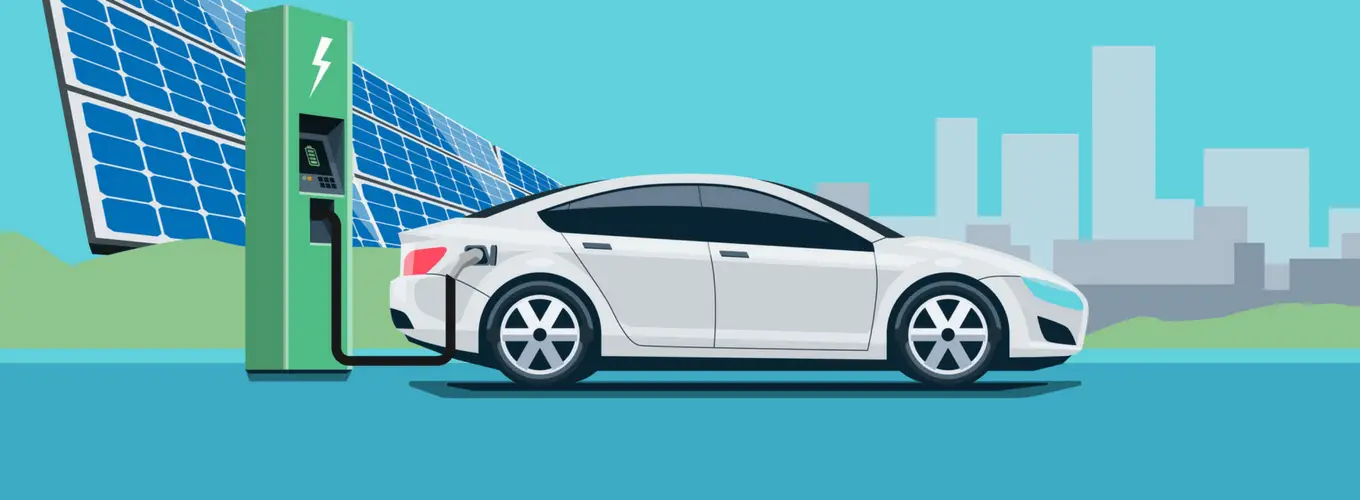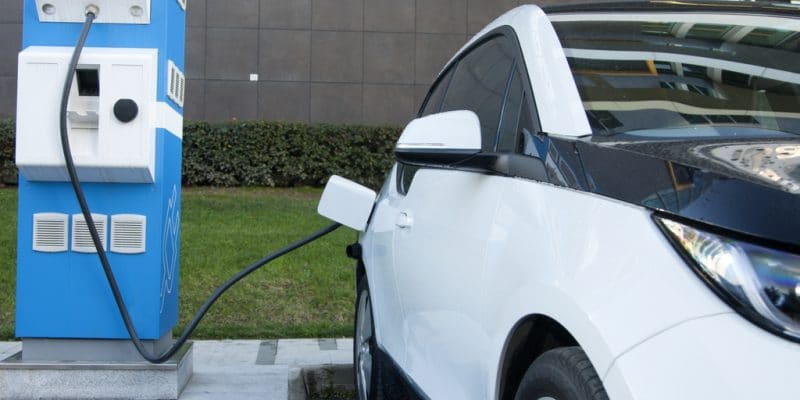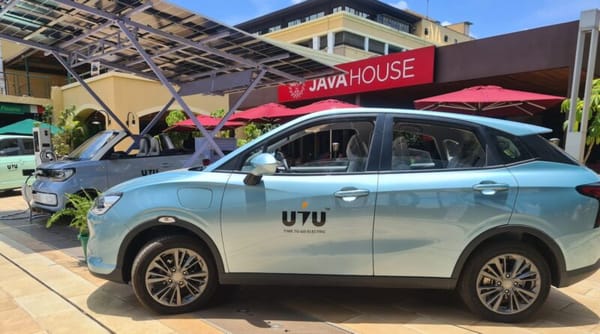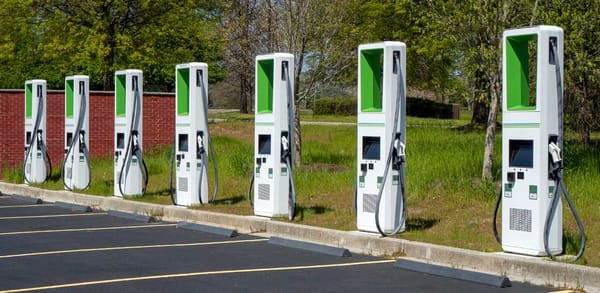PayGo tool for accessibility in Africa's EV transition.
PAYGO involves lending to individual customers without inclusion in a community system that provides social protection and obligation in equal measure. This helps to spread the cost as you use your motorcycle or car.


PAYGO involves lending to individual customers without inclusion in a community system that provides social protection and obligation in equal measure. This helps to spread the cost as you use your motorcycle or car. The PayGo is operational when a rider uses the bike to generate money, when the rider is not using the bike then no money is charged.
The companies remain the sole owner of the battery which means the bodaboda rider owns the bike but once the battery is depleted needs to go back and swap the battery. M-KOPA solar is one of the companies that charge batteries for riders. They ensure the battery is fully charged hence when the rider comes he/ she will just swap and go hence minimizing time wastage.
As we embrace the PayGo model we need to consider the different market needs and some o. End-customer loans are a complex and, in view of the customers and the market situation, highly risky financial product. A dedicated credit department is needed to manage it. Setting this up requires time, money, and sufficient specialist staff.
Due to improved software support, there is an improvement. The credit allocation process is now so professional that even commercial investors can be persuaded to invest billions with promises of growth and returns.
In order to meet sales expectations and achieve profitability, strategies need to be put in to avoid running a business at a loss. Here are some:
i) The short-sighted solution: Softening the lending criteria and extending the credit period. This should make it easier to convince customers to sign PAYGO contracts and thus achieve sales targets more easily. At the same time, however, the default and currency risk are significantly increased.
ii) Stricter treatment of defaulters: Delays in payment (for example, due to drought, illness, or death of a relative) are now treated far more rigorously than before. Increasingly, less attention is paid to social criteria. This is, of course, particularly annoying for customers who were previously convinced to take out products with embellished promises.




